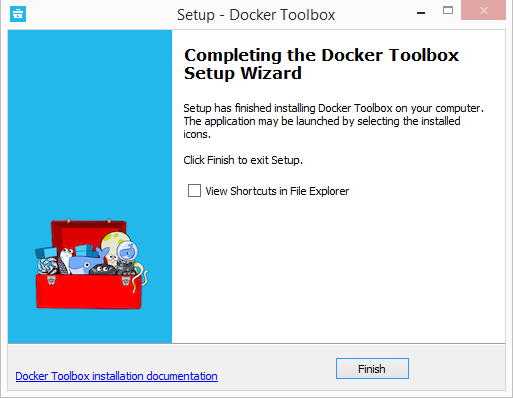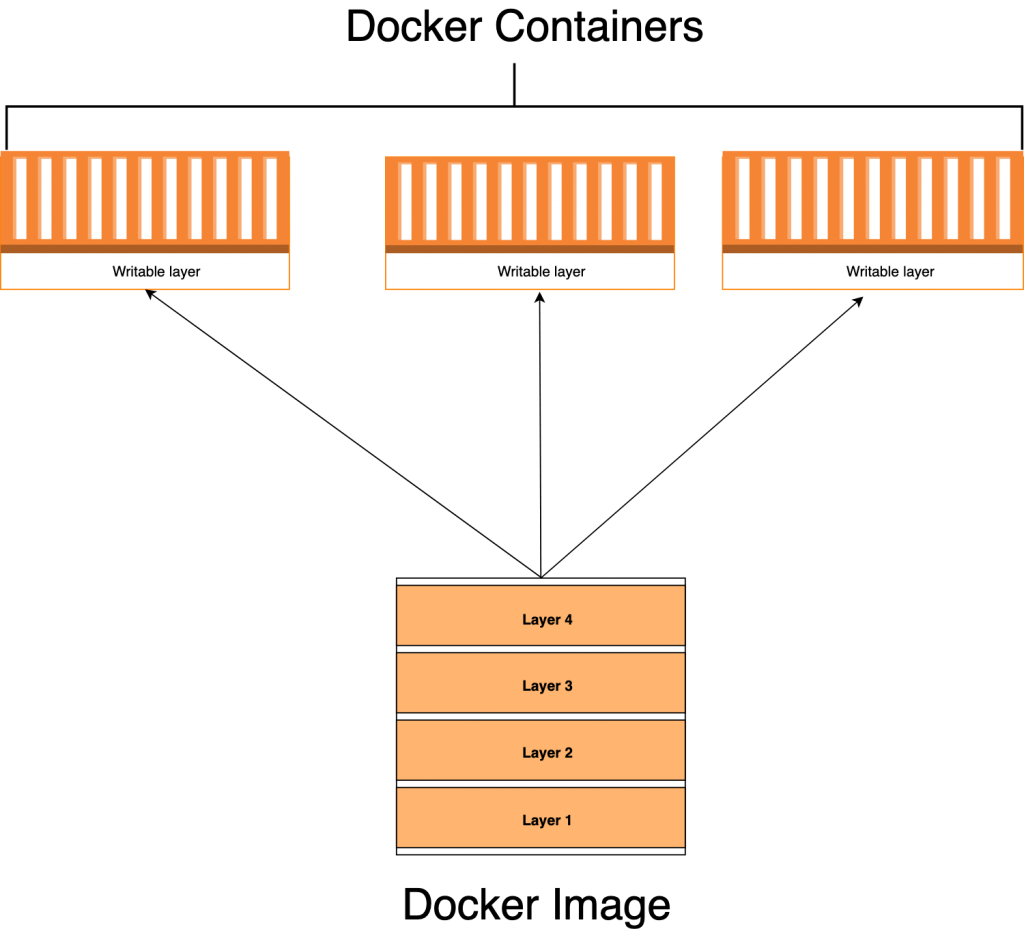

- DOCKER RUN IMAGE INSTALLED ELSEWHERE INSTALL
- DOCKER RUN IMAGE INSTALLED ELSEWHERE UPDATE
$ sudo systemctl start dockerĬheck the status of the service using: $ sudo systemctl status docker With installation being successful, you should be able to start docker service using systemctl command.
DOCKER RUN IMAGE INSTALLED ELSEWHERE INSTALL
$ sudo apt-get install docker-ce Start and Enable Service to start on Boot
DOCKER RUN IMAGE INSTALLED ELSEWHERE UPDATE
Once the repository has been added to the system $ sudo apt-get update This is where docker packages will be downloaded from. Get:7 bionic-backports InRelease Ībove command will add a line to /etc/apt/sources.list deb bionic stable Now let's add docker repository using add-apt-repository command. To install docker signed packages, you need to import gpg key: $ sudo curl -fsSL | sudo apt-key add. Once the installation is successful, proceed to add docker apt repository.


$ sudo apt-get install software-properties-common ca-certificates apt-transport-https There are three ways to install Docker on Ubuntu 18.04, namely: It can be a restricted repository (private) or a public repository.
Registry - Docker registry is storage for already created images. Container - This is a running instance based on Docker image. Docker Image - An image is a read-only template used to create containers on docker engine. Docker Engine also provides REST API used by applications to communicate with the daemon. Docker Engine: This is a server daemon that manages all Docker objects - Networking, containers, storage, images e.t.c. Before we look at the installation and usage of Docker, let's define some terms which are common in the world of Docker containers. Docker also automates the deployment of applications inside this container environment. In this tutorial post, we'll look at the different ways to install docker on Ubuntu 18.04 LTS.ĭocker provides an image-based deployment model which makes it easy to package an application with its all dependencies and share across multiple environments. Docker containers are isolated from each other using Kernel Control Groups and Namespaces. Docker is a lightweight operating-system-level virtualization solution that allows you to run multiple containers simultaneously on a single host or across a fleet of servers with the help of Orchestration tools.







 0 kommentar(er)
0 kommentar(er)
